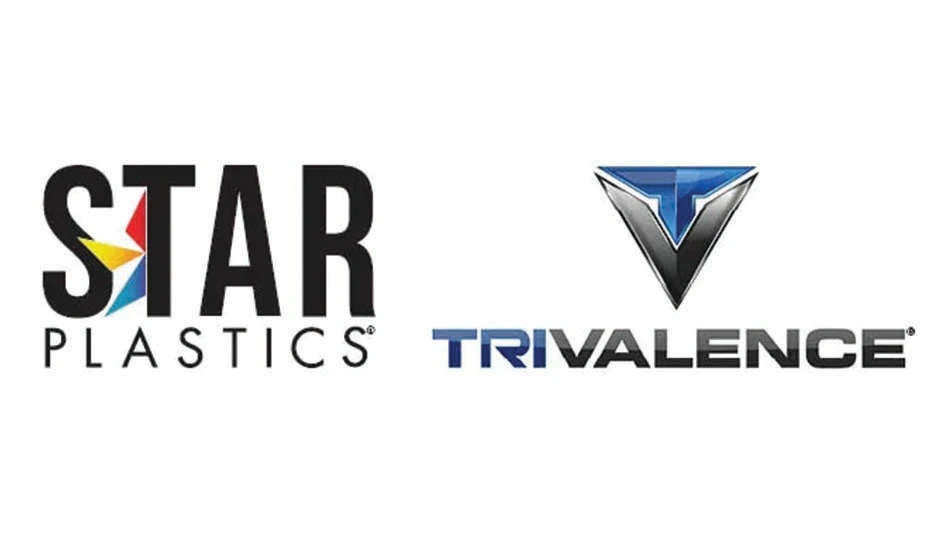In the past year, telephone directory publishers took steps to reduce the environmental effects of their products but continue to fall short in key areas, according to a new report card published by the nonprofit Product Stewardship Institute (PSI), Boston, Massachusetts.
The 2015 Sustainability Report Card of Telephone Directory Publishers evaluates 13 publishers against benchmark best practices on three categories of sustainability: providing easy access to opt-out programs (i.e., the ability to choose not to receive a phone book); using sustainable paper and ink; and supporting recycling programs. All 13 publishers allow residents to opt out of receiving directories, and 12 facilitate opt-out awareness by promoting it on the covers of their print directories or on their websites. The Berry Co. and Names and Numbers provide financial support for community recycling infrastructure, and Dex Media, Local Edge and Hagadone Directories claim to use 40 percent or more recycled content paper, PSI says. Even so, 7 out of 13 publishers still received grades of D+ or lower for shortcomings in sustainability and transparency.
"PSI applauds those phone book publishers who took the initiative to improve their sustainability practices," says Scott Cassel, chief executive officer and founder of PSI. "Unfortunately, many publishers have not lived up to their corporate social responsibility to reduce paper waste by fulfilling all opt-out requests, using recycled-content paper and contributing financially to recycling programs, all of which would decrease greenhouse gas emissions that impact climate change."
The 2015 report card expands upon PSI's first Sustainability Report Card published last year. This year, PSI says it compiled information from publishers' websites, phone calls and emails to industry representatives, print directories from across the country and the Local Search Association's (LSA's) 2014 Sustainability Report. Unfortunately, despite repeated appeals from PSI and a petition to the industry signed by more than 5,400 residents requesting greater transparency and improved environmental practices, only 2 out of 13 publishers responded to PSI's requests for information, the organization says. Dex Media and Hibü/Yellowbook instead referred PSI to the LSA Sustainability Report; both of these publishers, as well as LSA, denied requests for more information to address the report's unsubstantiated claims, SPI says.
"The reality is that in this digital age, many consumers turn to the Internet rather than phone books for communication information. A huge number of unwanted phone books are ending up in the trash every year—an unnecessary waste of our resources and our time," says Natalie Nava, community engagement associate at the Story of Stuff Project, Berkeley, California. "Phone book producers have a huge role to play in helping to reduce this waste stream by allowing people to opt-out of receiving phone books easily and conveniently."
In its report card, PSI highlights the successes and limitations of publishers' attempts to make yellow pages more sustainable, including:
- Eleven publishers provide links to opt-out programs on their website, but without reliable tracking systems, many people continue to receive phone books despite opting out.
- Seven publishers claim they use recycled-content paper, but only four specify a percentage.
- Three publishers use paper from "sustainably managed forests," but none identifies a specific certification program (such as Forest Stewardship Council certification).
- Ten publishers list recycling information on their website or books, but only two provide financial support for recycling infrastructure.
"PSI's report card shows directory publishers have a clear responsibility and many opportunities to further reduce their environmental impacts through the increased and reliable use of recycled paper, and paper with credible certification of responsible forestry," says Joshua Martin, director of the Environmental Paper Network, Asheville, North Carolina. "Today, leading companies that put their brand on large volumes of paper and packaging know that what's in your paper matters, and it's an essential question to consumers."
The full report card is available here.
PSI is a national, membership-based nonprofit that says it is committed to reducing the health, safety and environmental impacts of consumer products across their life cycle with a strong focus on sustainable end-of-life management.
Get curated news on YOUR industry.
Enter your email to receive our newsletters.
Latest from Recycling Today
- LG details recycling activities
- Algoma EAF is up and running
- Toyota-Tsusho completes acquisition of Radius Recycling
- CATL, Ellen MacArthur Foundation aim to accelerate circular battery economy
- Commentary: Expanded polystyrene is 98 percent air, 2 percent plastic and 100 percent misunderstood
- AMCS appoints general manager for North America
- How tariffs, regulations affect LIBs recycling in US, EU
- Schwan Cosmetics introduces packaging free of styrene, ABS






